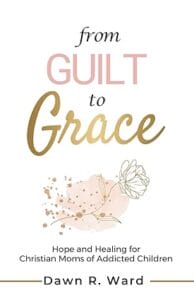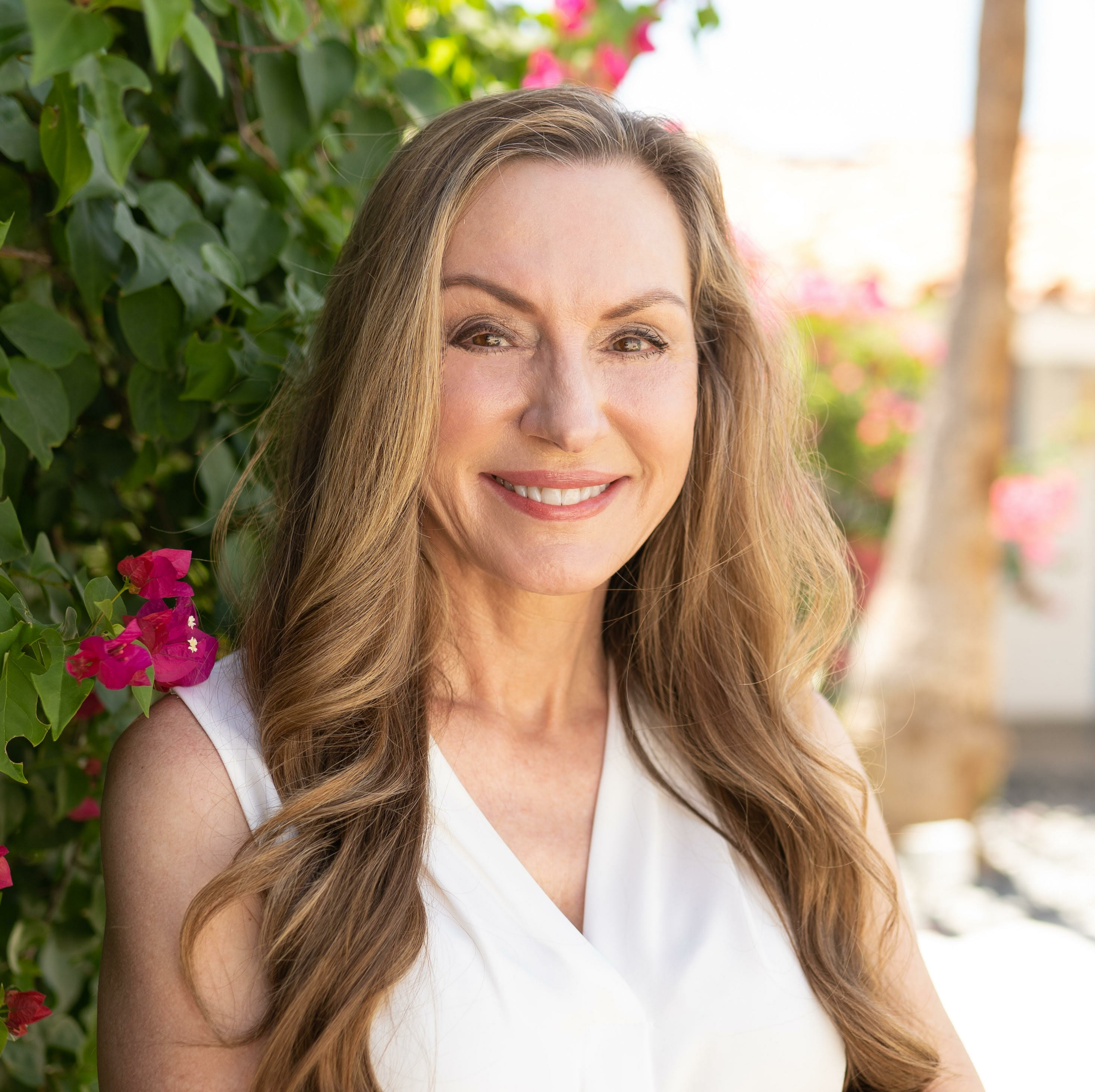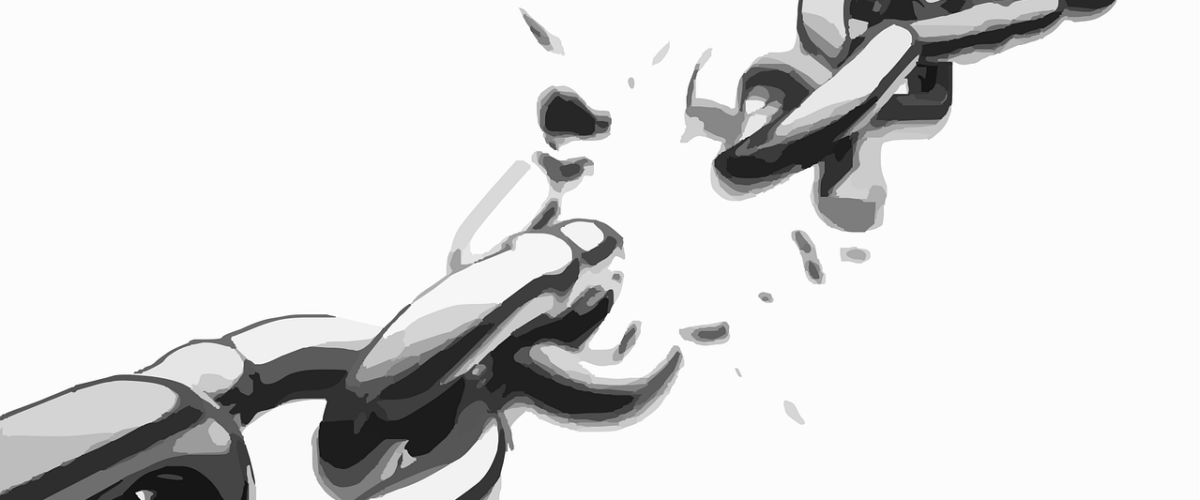“He heals the brokenhearted and binds up their wounds.” Psalms 147:3 NIV
I remember cleaning my son’s room a few days after he left again for rehab, crying. The reality of his addiction comes flooding in. My heart aches from missing him terribly and wondering if I’ve done everything I could for him. I thought I could love him to wholeness. I tried to be with him every time he reached out. Addiction feels like the most brutal hit of them all. How can I fill the emptiness? How can I love him through this when nothing I do seems to be enough? Isn’t a mother supposed to protect her children from something like this happening?
When I feel like I’ve failed at the very thing God created me to do, the intensity of grief is almost unbearable. Yet again, my heart can’t grasp this new type of pain. I sit wondering what has gone wrong. How on earth can this be my reality? Do I trust God to make everything right—whatever that means? I didn’t know what to do with my unmet dreams and prayers for him and our family.
Later, I read this quote:
One of the hardest things you will ever have to do, my dear, is to grieve the loss of a person who is still alive.”
Helping Those Who Grieve
Ever since I was a little girl, I’ve loved helping people. So, it felt like the most natural thing in the world to become a nurse, and I spent five years working in cardiac nursing. I cherished every moment. There’s something profoundly humbling about watching patients come in, fragile and sick, and then witnessing their healing, their slow return to strength. Of course, there were also the ones who didn’t get better, and my heart ached for them in ways I can’t put into words.
Fast forward twenty years, and our family was hit by loss after loss. I found myself grappling with grief and trauma, fumbling through the darkness, unsure of how to find my way. I scoured the Internet, hoping to find someone who had walked this path of suffering and still held onto their faith. I found a few who kept the faith while staring down suffering. One of them being a grief coach. She helped me in ways my counselor could not.
Though it’s been years since I left nursing to raise my children, that desire to help people has never left me. After everything I’ve been through, I’ve unintentionally become a grief expert. So, when a mentor suggested I explore grief coaching, it felt like a natural step. Now, I help those who have experienced any loss (not just from death) find hope and joy in the midst of suffering. That’s the key in the midst of suffering because the suffering doesn’t just vanish. We have to walk through it, but with Jesus, we can have hope and joy as we grieve.
We do not grieve as others who have no hope. (1 Thes. 4:13)
But what is grief coaching, exactly, and how is it different from grief counseling?
Right after we lost our home to a fire, I began seeing a licensed counselor, and she helped unpack the emotions. However, after the initial shock, she said I didn’t need counseling anymore, yet I felt like I needed something to bridge the gap.
Coaching helps close the gap. Counseling seeks to move you from non-functioning to functioning, while coaching takes you through all the critical steps of understanding, discovering, and resolving before rebuilding. Coaching will take you from functioning to highly functioning. Therapy is past-focused, and coaching is future and present-focused. Coaching asks, “What’s next’ while therapy asks, “Why? “Grief counseling is usually recommended for people who have experienced a traumatic or sudden loss or who are having difficulty functioning in their daily life. One is not better than the other. You need both, therapy and coaching.
Why You Need a Grief Coach
Loss is hard. Grief is painful. You long to get out of the painful spin and feel better. You’re weary of the heaviness of grief. Like waves in the ocean, the emotional waves keep coming and crashing one after another, bringing questions of whether you will ever get better or will the grief last forever. You wonder if you’re doing this grief thing right. Most of the time, you’re not only experiencing grief but shame. Shame for how long it’s taking you to “get over” this loss. Shame for what you could have done or not done to prevent this loss. Unpacking all these emotions alone is nearly impossible. Look at it as a mentor taking your hand, guiding you through the grief journey, and showing you ways to rebuild a beautiful life.
Think of it this way: coaching serves as the cast for a broken bone as it heals. It’s not the cast that does the healing; it’s the body that is still enough to heal. Coaching offers education and tools to help you work through the healing process, offering the space to heal. Just as physical pain is a warning sign that something is wrong with the body, emotional pain is a sign your mind needs healing.

Chart – Compliments of lifecoachhub.com
Blessed are those who mourn, for the will be comforted.” Matthew 5:4 NIV
A Brief Overview
The particular coaching program I teach is called Build a Life After Loss. I walk clients through The Hope Healing Model, which includes five foundations of growth (cope, understand, discover, resolve, and rebuild). The workbook and program provide the details of each phase and how to apply it. Without this healing structure, we try to move from coping straight to rebuilding, entirely skipping critical pieces. Going from coping to rebuilding without the essential steps of understanding, discovering, and resolving makes rebuilding difficult. Attempting to rebuild without walking through the healing process only causes more pain and makes rebuilding difficult.
Coaching aims to increase your understanding of grief and walk you through these five foundations of growth: coping, understanding, discovering, resolving, and rebuilding. These steps aren’t bound by time but by lessons learned, applied, and integrated. A grief coach is there to walk you through the steps and be a listening ear. They will hold space for your pain.
A grief coach is there to walk you through the steps and be a listening ear. They will hold space for your pain.
This is an updated edition of a post originally published on The Faith to Flourish
Featured Image by Tobias C. Wahl from Pixabay





















Comments are closed.